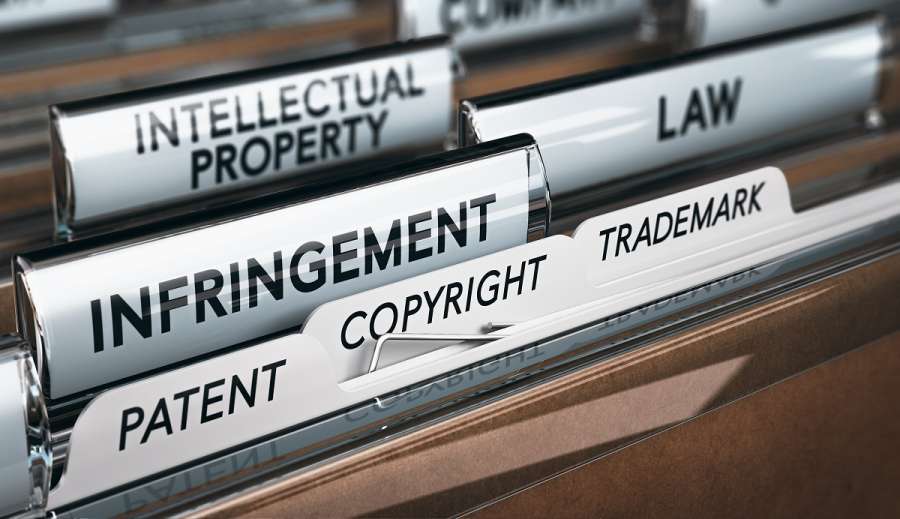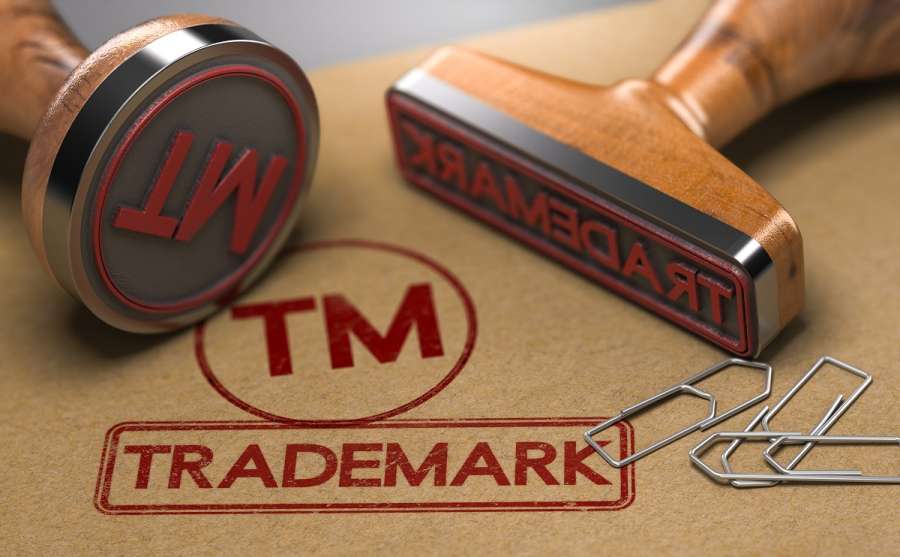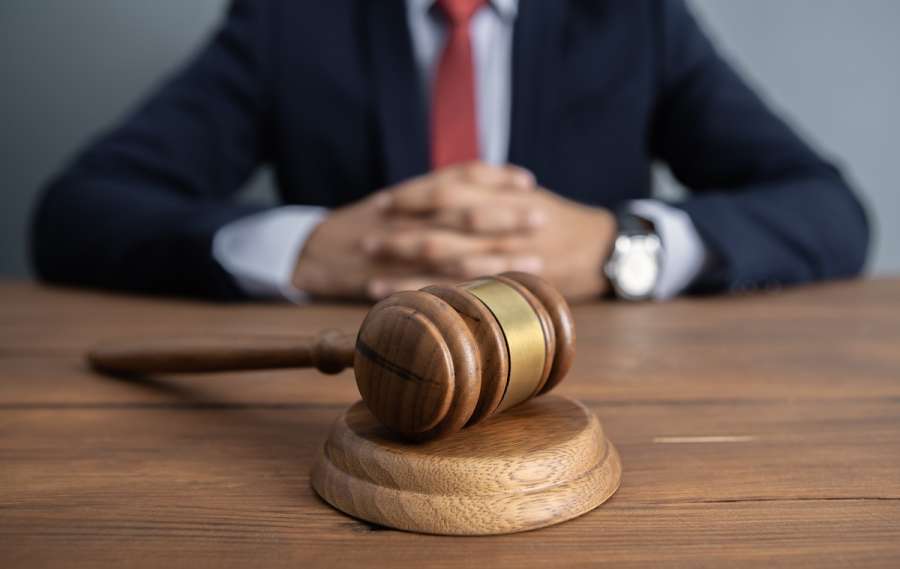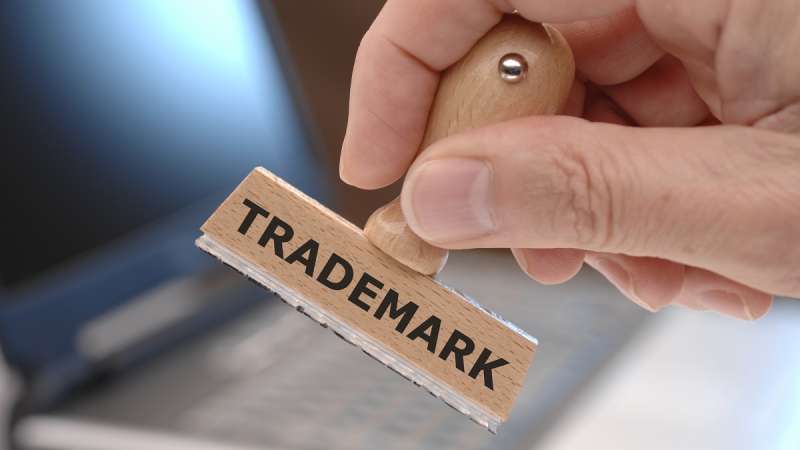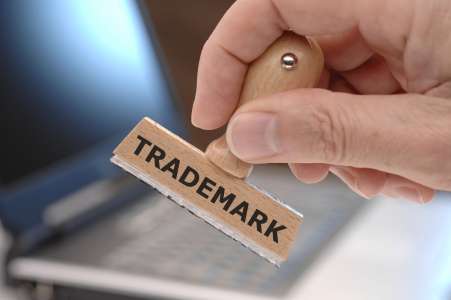
Trademark disputes can have wide-reaching consequences for businesses of all sizes.
In this article, our specialist Dispute Resolution Solicitors examine the landmark Supreme Court decision in Sky v SkyKick, exploring its impact on trademark law, bad faith registrations, and its implications for brand protection moving forward.
The long-running trademark dispute between Sky and SkyKick has raised pivotal questions around trademark protection and the concept of bad faith registration.
Following a referral to the Court of Justice of the European Union and a subsequent appeal to the Court of Appeal, the Sky v SkyKick legal battle has concluded.
The dispute began in 2016, following Sky's registration of trademarks (between 2003 and 2008) across a broad range of goods and services, including those with little connection to Sky’s broadcasting and telecommunications business (the ‘SKY’ marks).
Despite Sky’s claim that SkyKick had infringed upon their trademark by supplying email migration and storage products under the ‘SKY’ marks, SkyKick submitted that four of the EU trademarks and one of the UK marks were invalid due to the application being made in bad faith since:
- Sky had no intention to use the marks in relation to certain goods: whips and bleach; and
- Sky had no intention of using the marks across the breadth of its broad categories: computer software.


